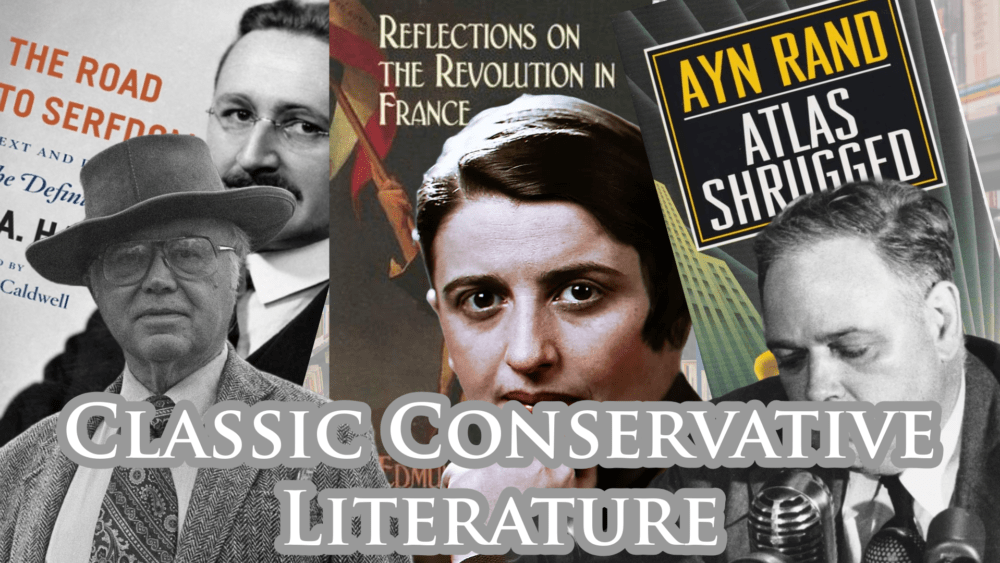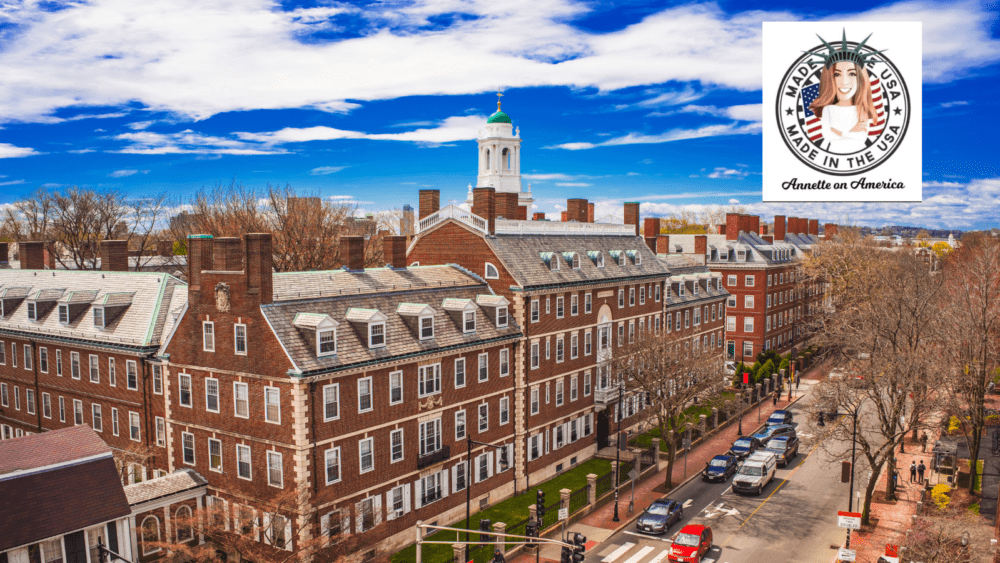(Above, Charles Maurras, French integralist — and atheist!)
The Catholic writer Michael Warren Davis has another great reflection on integralism — the reactionary Catholic idea that calls for the synergy of Church and State, on the grounds that politics should be oriented around achieving the greatest good, as defined by the Catholic Church. (It’s more complicated than that; see here.) Davis is a very conservative Catholic, but not an integralist. Even if, like me, you’re not Catholic, this is worth reading because of its reflections on Christians, religion, and politics. Excerpts:
Some of you might still think I’m making too big a fuss about the integralists. One longtime reader, whose opinion I esteem highly, suggested that focus too much on my differences with the integralists. After all (he said), we both want to see the Church “envelop modern civilization.”
And that’s true! Still, I’m convinced that we should rebuild Christendom the same way it was built in the first place: by expanding the Christian church and spreading the Christian faith. As Maritain says, “A Christian political order in the world is not to be artificially constructed by diplomatic means; it is product of the spirit of faith.”
That was Maritain’s disagreement with Maurras. It’s also my disagreement with the integralists. And, clearly, it’s not just a difference of means. We’re disagreeing on what it means to be a Christian in the modern world.
That’s why I’m afraid to encourage the integralism. Like Charles Maurras, or Francisco Franco, or any twentieth-century adherent to “Political Catholicism,” I think they have the potential to do more harm than good. Because—once again—their priorities are fundamentally un-Christian.
He’s not saying that Church and State were never deeply entwined. He’s just saying that the Gospel does not require it. More:
We don’t hear about the Church Fathers trying to empower the masses. But we don’t hear about them trying to empower themselves, either. The first Christians weren’t like the first Muslims. St. Peter didn’t head up a band of violent fanatics the way Mohammed did. He didn’t charge around Europe beheading Roman governors and enslaving barbarian chiefs. He told his flock to “honor the king.” And when St. Paul talked about the “powers and principalities” of this world, he certainly wasn’t talking about his fellow bishops.
The first Christians just weren’t into politics. They didn’t even seem to have a preferred polity. They were more concerned about spreading the Faith.
One more:
The point is that their [integralists’] priorities are almost exactly wrong. For the integralists, “good government” not only becomes an end in itself: it becomes the ultimate end—in practice, if not in theory.
This is why I refer to integralism as right-wing liberation theology. Integralists treat the Church, first and foremost, as an instrument for social and economic reform. By placing this inordinate emphasis on this-worldly goods, they’ve already missed the whole point of Christianity—much like the so-called Christian Marxists of Latin America.
I believe one of the most important political lessons for Christians of my lifetime has been the insufficiency of politics to bring about virtue in a people. This is the meaning of forty years of religious conservatives helping elect Republicans, and getting right-wing leaders and judges, but losing the culture — and many of their own children to the faith. I’m on the same side as Michael Warren Davis: convert the culture, and good politics will follow.
In Russia, the Orthodox Church has a similar integralist theory by which it lives. I have been told in the past by some Orthodox Russians that rather than the Church making the State good, the State has made the Church an instrument of its power. This is what worries me about any integralist polity or strategy: not that the Church will taint the State — thought that is worth worrying about, especially if you are a member of a religious minority in an integralist state — but the other way around.
(For the penultimate time, today this blog ends after twelve years. If you want to keep reading me — and this time, commenting at will — please subscriber to Rod Dreher’s Diary, a daily Substack newsletter available for only $5/month, and $50/year.)
The post On ‘Right-Wing Liberation Theology’ appeared first on The American Conservative.









